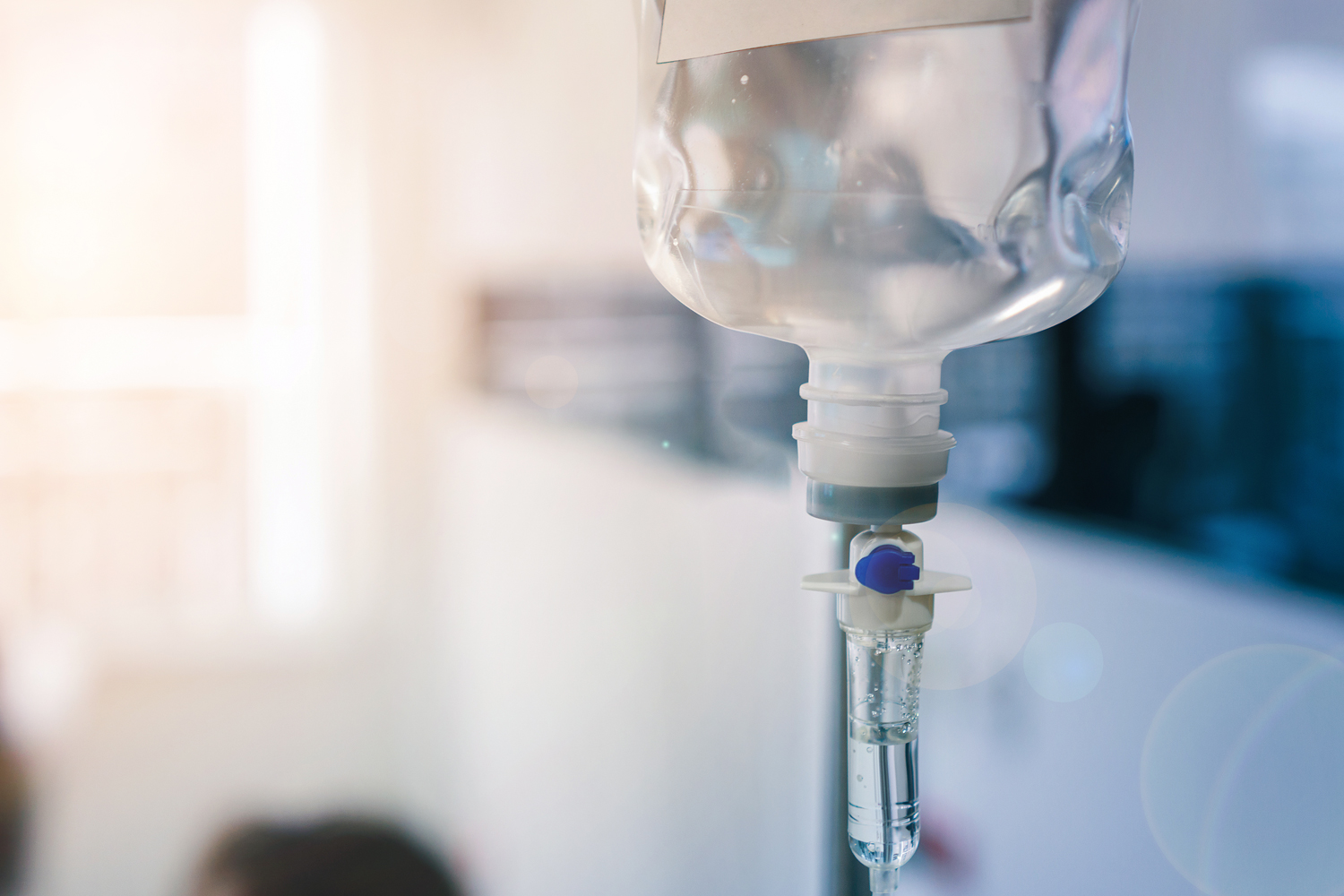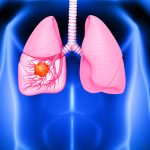-
Forward Look
The Chemotherapy ChoiceAdding an anthracycline to taxane chemotherapy regimens can reduce recurrence risk in early-stage breast cancer, but side effects also factor into treatment decisions.
by Kris Conner
-
Forward Look
Tissue-sparing SurgeryA clinical trial affirms the value of a procedure that preserves more tissue in early-stage lung cancer patients.
by Ashley P. Taylor
-
Forward Look
New Chemotherapy Delivery Device in Bladder CancerPretzel-shaped device delivers sustained doses of chemotherapy to the bladder
by Leah Lawrence
-
Living With Chronic Blood Cancer
Thanks to medical advances, more people with blood cancer are living for years or even decades after their diagnosis. But when these diseases are incurable, patients must learn to adjust to ongoing monitoring and treatment.
by Kendall K. Morgan
-
Survivor Profile
Changing CourseInitially diagnosed with ductal carcinoma in situ, Sabrina Mayhew’s persistence in seeking out experts would lead to tumor testing that indicated she could safely forgo chemotherapy.
by Queen Muse
-
Healthy Habits
Make Time for TeaA daily tea habit is associated with improved survival for those with colorectal cancer.
by Anne Danahy
-
Q&A
Pulling Back the Research CurtainJessica Wapner looks back on the scientific discoveries that transformed outcomes for chronic myelogenous leukemia.
by Marci A. Landsmann
-
Lung Cancer Patients Face Worse Survival After Wildfire Exposure
Researchers find that lung cancer patients recovering from surgery are especially vulnerable to the health hazards of wildfires even up to a year later.
by Sandra Gordon
-
Choosing Between Lung Cancer Surgery and Radiation
Study suggests surgery leads to longer survival than radiation for non-small cell lung cancer, but radiation remains an important option.
by Jon Kelvey
-
Understanding Disparities in Melanoma Diagnosis
Black men with melanoma are more likely than other populations to die of the disease. Here’s why, and what to look for.
by Kyle Bagenstose
Cancer Talk
Treatment Combination Improves Survival in EGFR-positive Lung Cancer
Adding chemotherapy to targeted therapy improves outcomes for people with advanced EGFR-positive non-small cell lung cancer.
by Sandra Gordon
Lessons From 20 Years Living With CancerMultiple myeloma survivor Jonathan Gluck reflects on uncertainty, and the scientific progress that has kept him living with cancer for more than two decades.
by Eric Fitzsimmons
The Enduring Importance of Cancer Disparities ResearchOpening session from AACR conference highlights how perseverance and adversity have informed cancer disparities research over the years.
by Eric Fitzsimmons
Most Cancer Survivors Don’t Meet Healthy Diet GoalsDespite research linking fruits and vegetables to cancer survival, many people do not change their eating habits after diagnosis.
by Darlene Dobkowski















